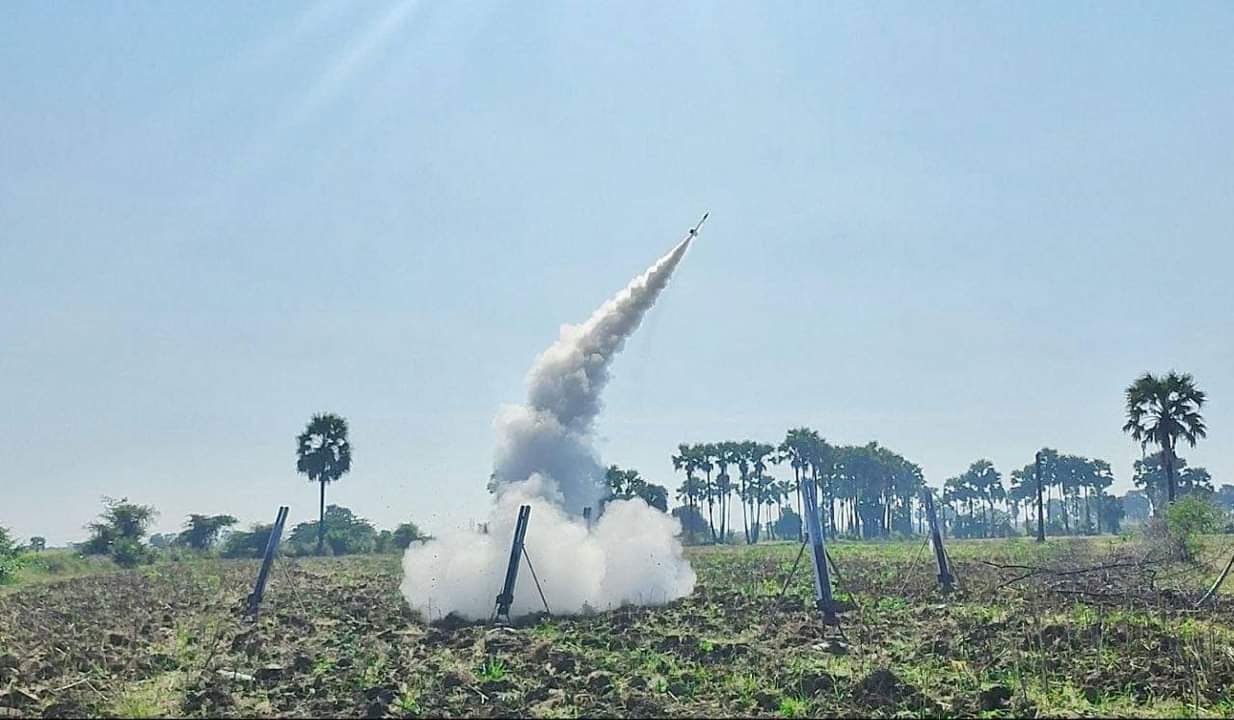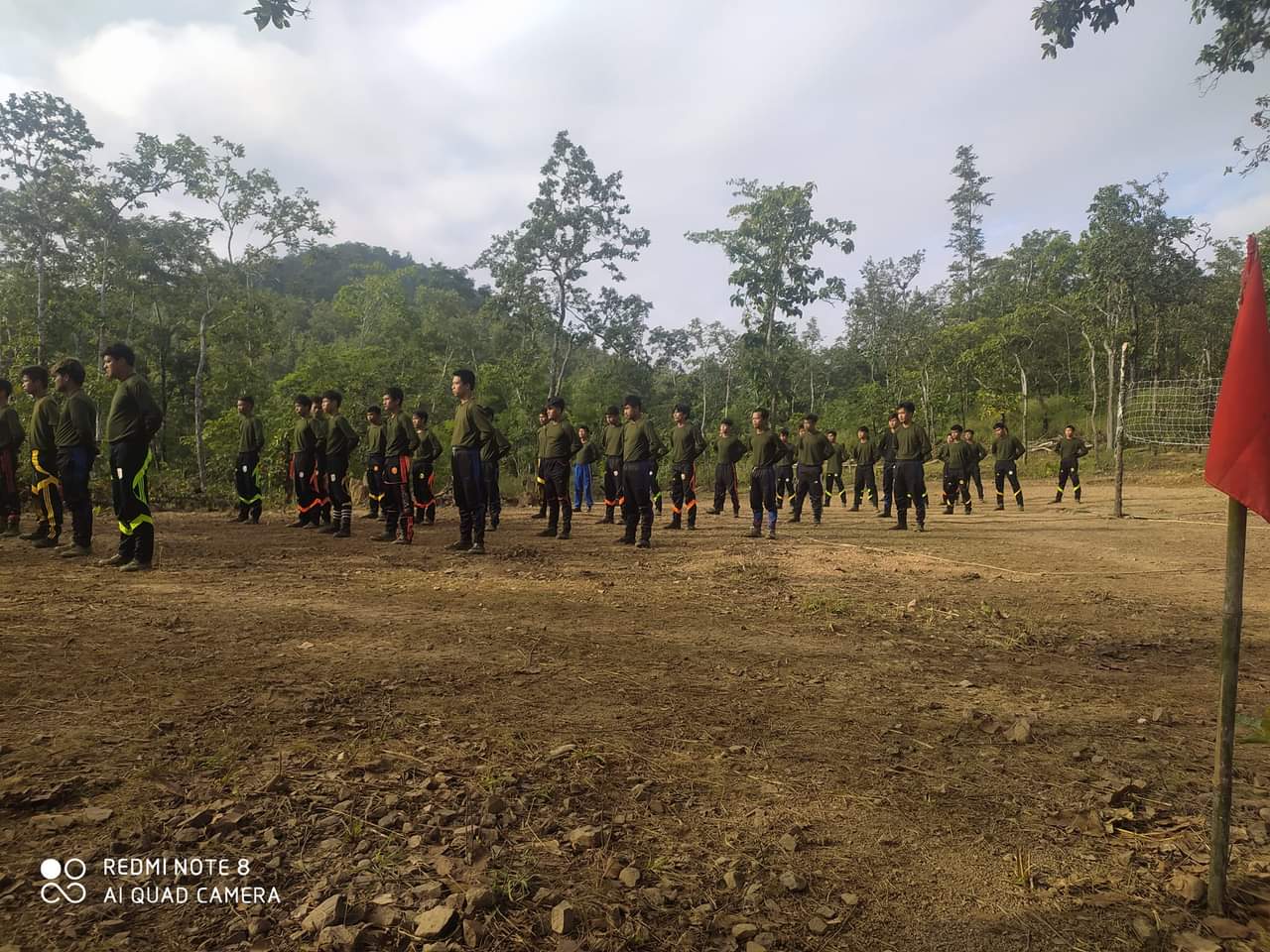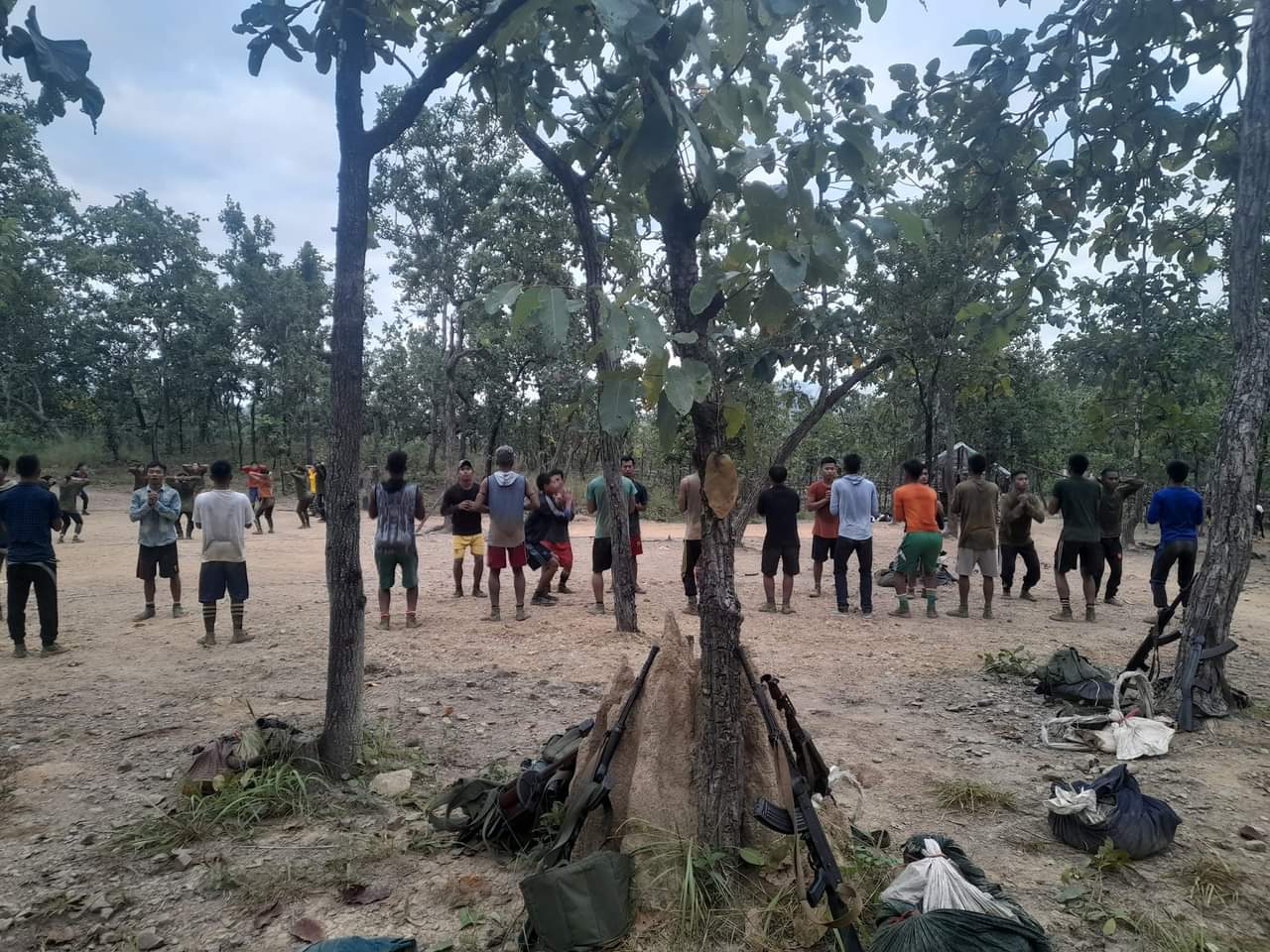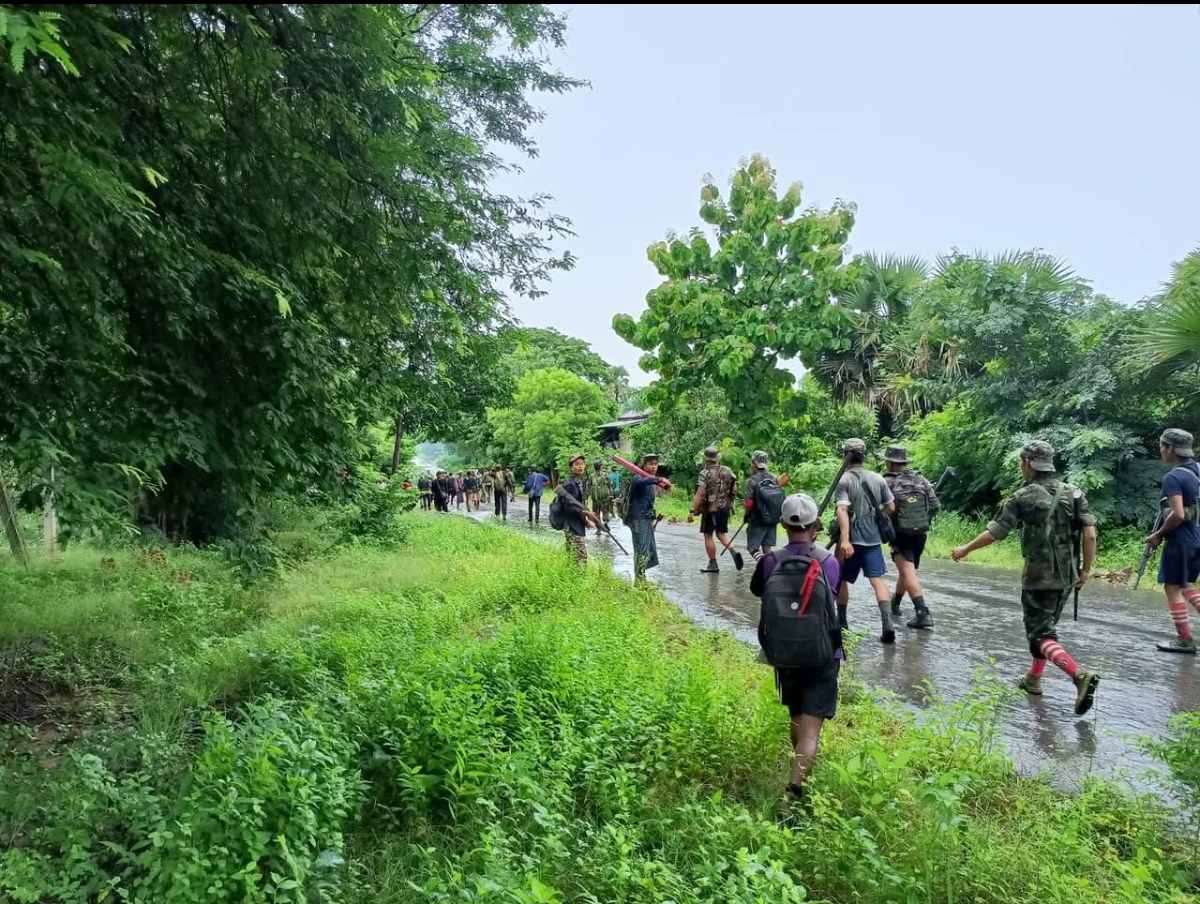Lifelong learning records are an innovative application of blockchain technology that has the potential to transform how educational achievements are recorded, verified, and shared.
This system ensures that all educational and professional learning milestones are securely and immutably stored, providing a comprehensive and verifiable record of an individual’s learning journey.








Key Features of Blockchain in Lifelong Learning Records
Immutability and Security
Problem: Traditional records are prone to tampering, loss, and fraudulent alterations.
Blockchain Solution: Blockchain ensures that once records are added, they cannot be altered or deleted, providing a tamper-proof and secure ledger of all learning achievements.
Decentralization and Ownership
Problem: Centralized record-keeping systems mean individuals have limited control over their own educational records.
Blockchain Solution: Blockchain decentralizes record storage, giving individuals ownership and control over their own learning records. They can share their verified credentials directly with employers or educational institutions as needed.
Transparency and Verifiability
Problem: Verifying credentials can be time-consuming and challenging, often requiring manual checks and extensive paperwork.
Blockchain Solution: Blockchain provides a transparent and easily verifiable way to check the authenticity of credentials, simplifying the verification process for employers and educational institutions.
Implementation Examples
1. Blockcerts
Overview: Blockcerts is an open standard for creating, issuing, viewing, and verifying blockchain-based certificates.
Functionality: It allows educational institutions to issue digital certificates that are secured on the blockchain. Students can easily share these credentials, and anyone can verify their authenticity in real-time.
Impact: Reduces credential fraud, simplifies verification processes, and gives students control over their academic achievements.
2. Learning Machine
Overview: Learning Machine collaborates with Blockcerts to provide blockchain-based credentialing solutions.
Functionality: It offers tools for issuing, managing, and verifying digital records on the blockchain, ensuring they are tamper-proof and easily accessible.
Impact: Enhances trust in digital credentials and streamlines the process for institutions and employers to verify educational and professional records.
3. MIT Digital Diplomas
Overview: The Massachusetts Institute of Technology (MIT) has implemented blockchain technology to issue digital diplomas to its graduates.
Functionality: Graduates receive a digital version of their diploma that is secured on the blockchain, alongside their traditional paper diploma.
Impact: Provides graduates with a verifiable, tamper-proof digital diploma that they can share with potential employers and other institutions, demonstrating the practical application of blockchain in higher education.
Benefits of Blockchain in Lifelong Learning Records
Efficiency in Verification
Employers and educational institutions can quickly and easily verify credentials, reducing the time and resources spent on background checks and manual verification processes.
Enhanced Trust
The immutable nature of blockchain ensures that credentials are genuine, reducing the risk of fraud and increasing trust in the records presented by individuals.
Portability and Accessibility
Individuals can access and share their learning records from anywhere, at any time, using digital devices, making it easier to apply for jobs or further education.
Lifelong Record Keeping
Blockchain supports the continuous addition of new achievements and certifications, creating a comprehensive lifelong learning record that evolves with the individual’s career and education.
Cost Reduction
Reduces administrative costs associated with issuing, storing, and verifying paper-based certificates.
Challenges and Considerations
Data Privacy and Security
While blockchain provides security, it is crucial to ensure that personal data is protected. Implementations must comply with data protection regulations such as GDPR.
Interoperability
Ensuring that blockchain-based records are interoperable across different systems and institutions is essential for widespread adoption.
Adoption and Standardization
Widespread adoption requires standardization across institutions and industries to ensure compatibility and acceptance of blockchain-based credentials.
Digital Divide
Addressing the digital divide is necessary to ensure that all individuals, regardless of their access to technology, can benefit from blockchain-based lifelong learning records.
Conclusion
Blockchain technology offers a revolutionary approach to managing lifelong learning records by providing a secure, transparent, and decentralized system for recording and verifying educational achievements. This innovation can significantly enhance the efficiency and reliability of credential verification, empower individuals with control over their educational records, and foster greater trust in the authenticity of credentials. As technology continues to evolve and adoption increases, blockchain-based lifelong learning records have the potential to become a standard practice in education and professional development.

Leave a Reply